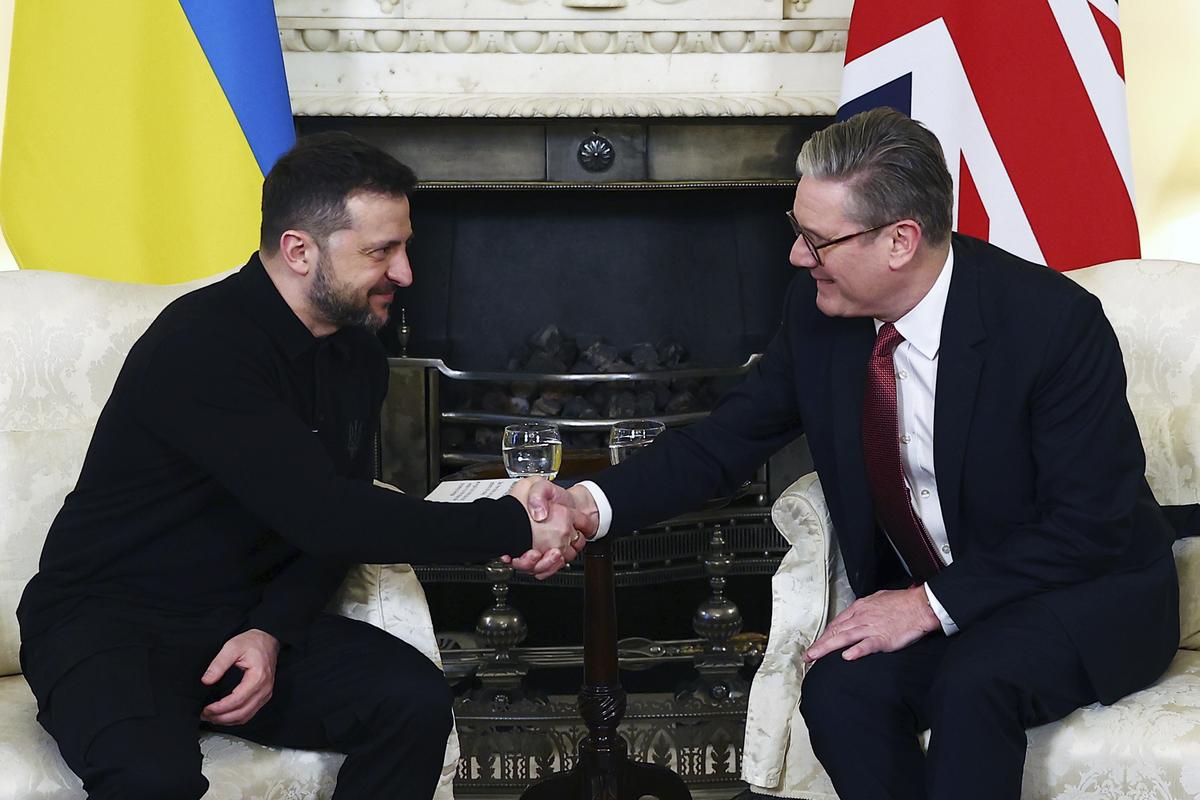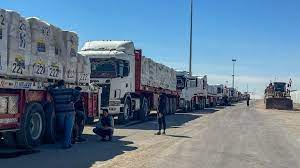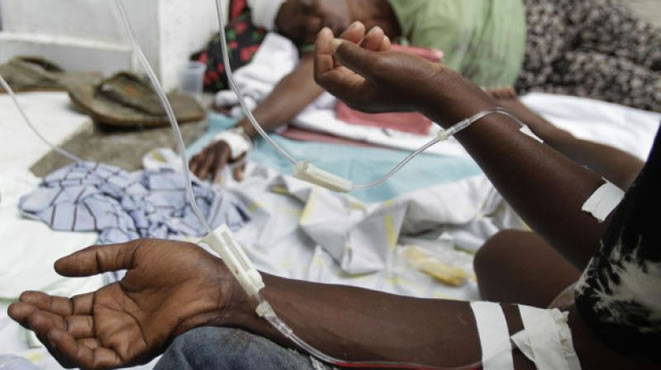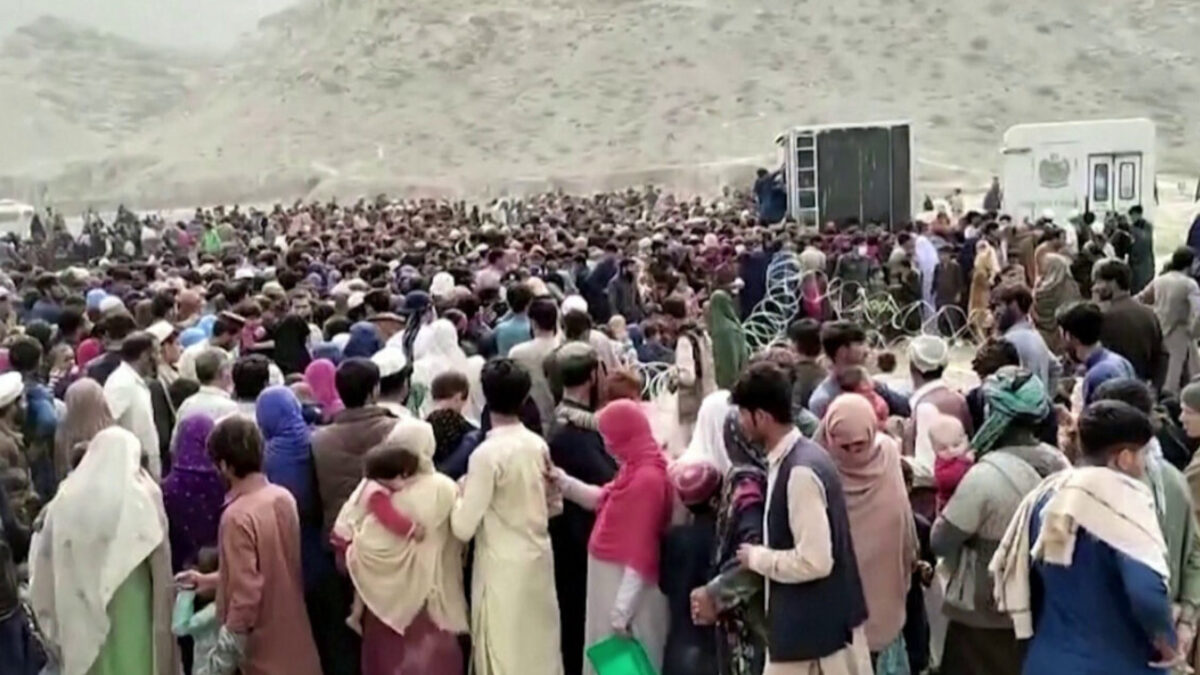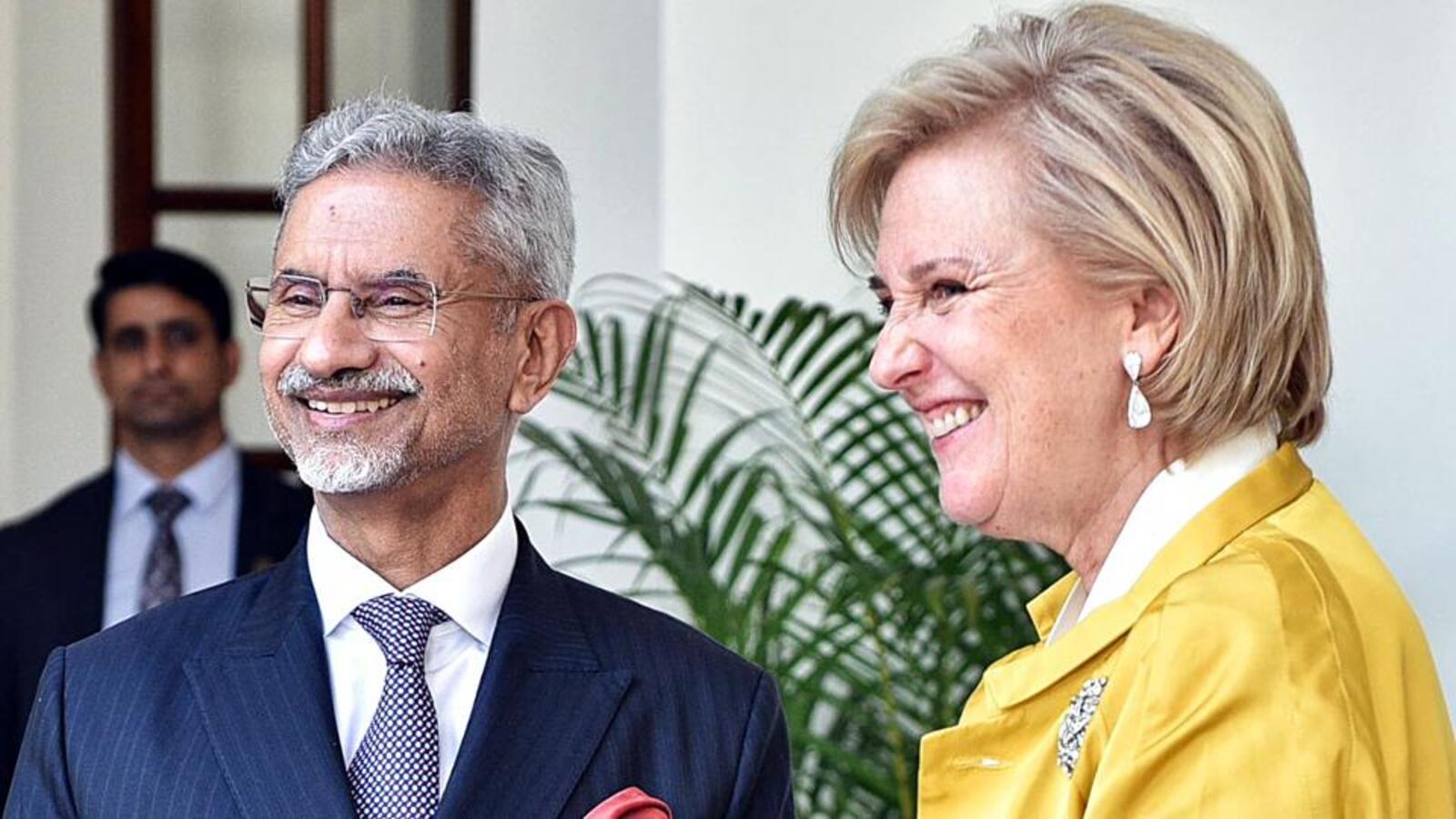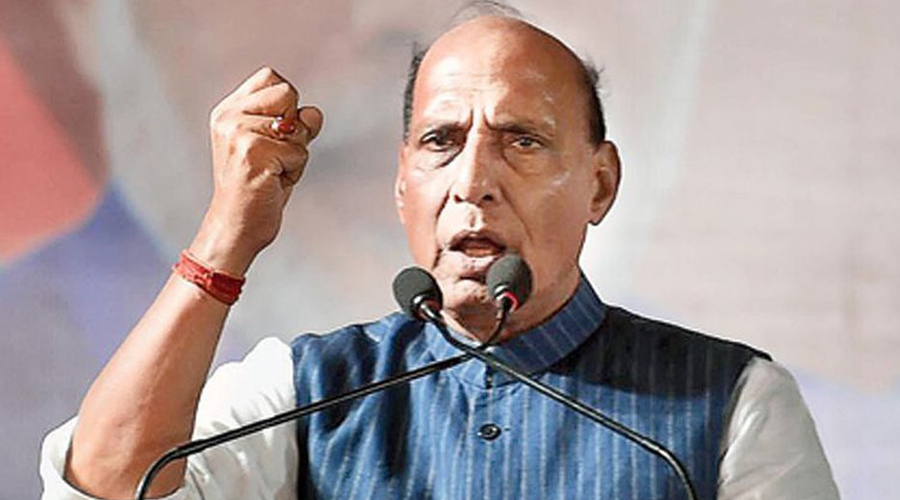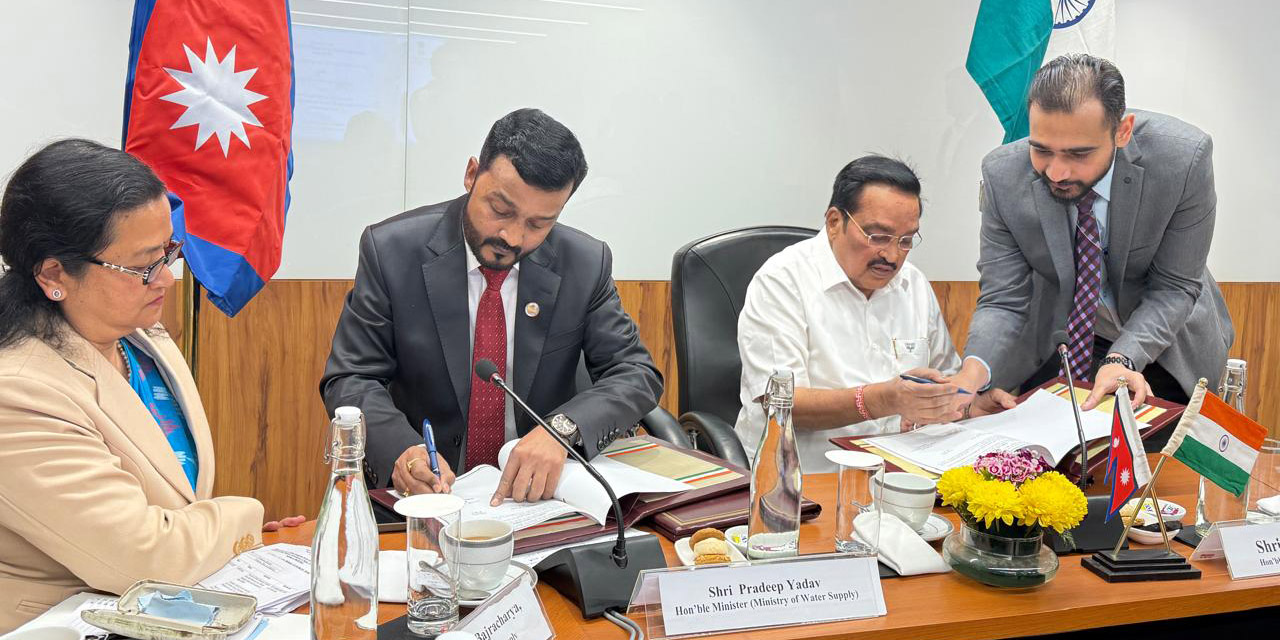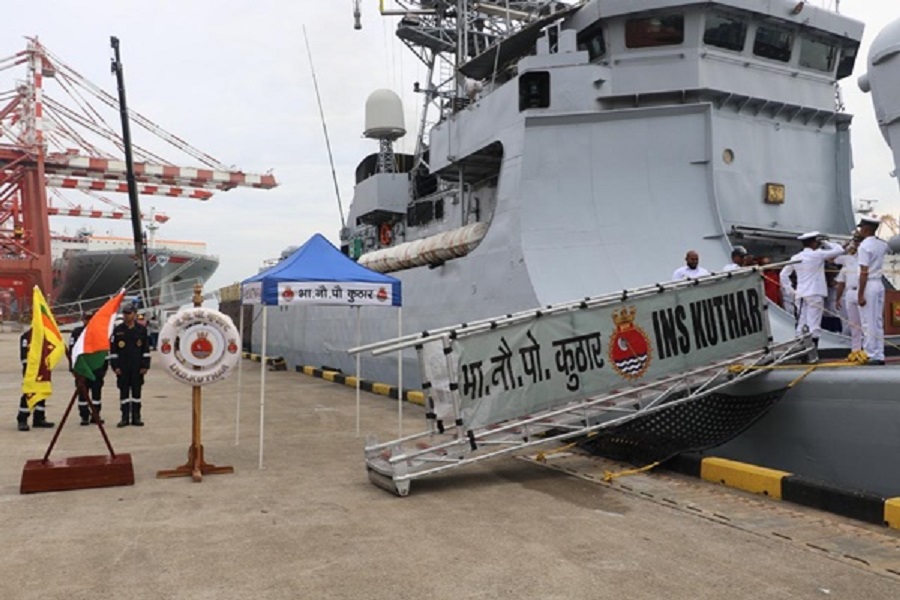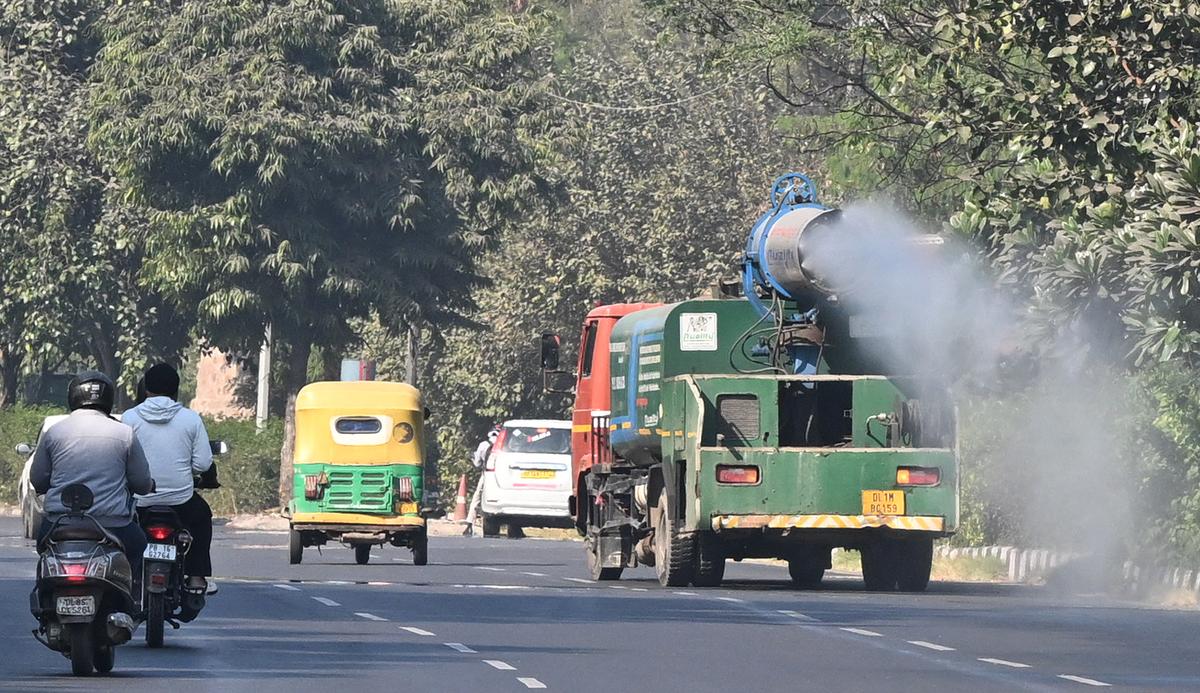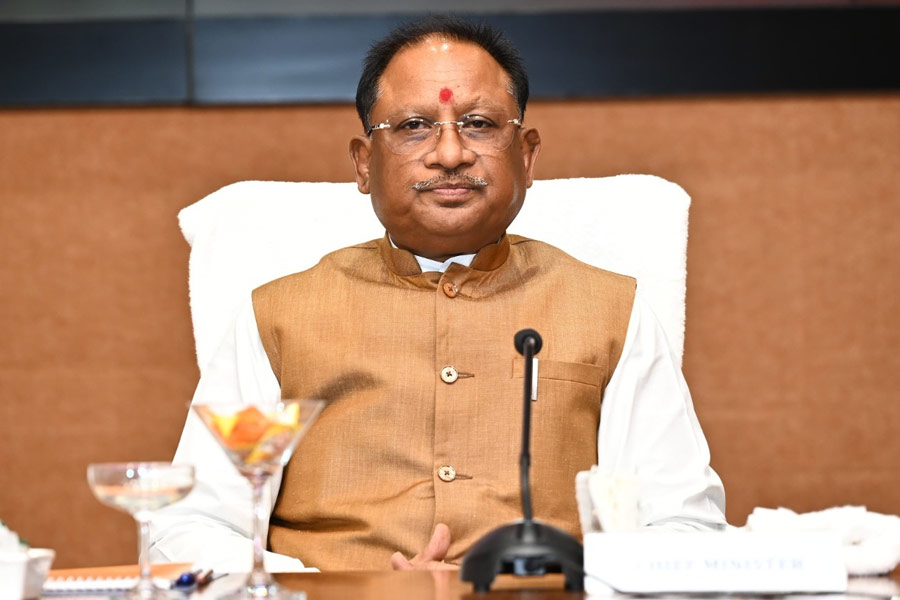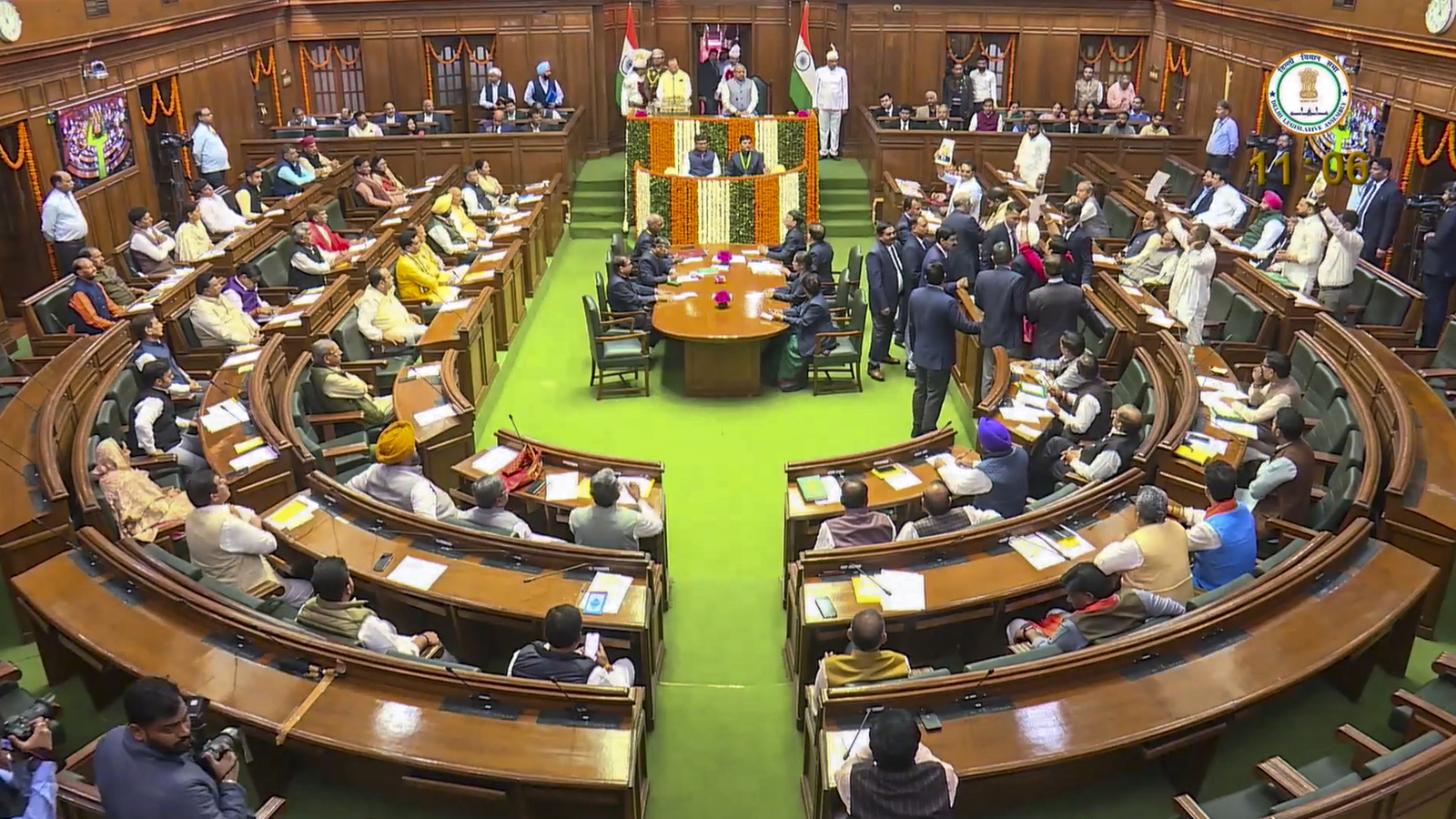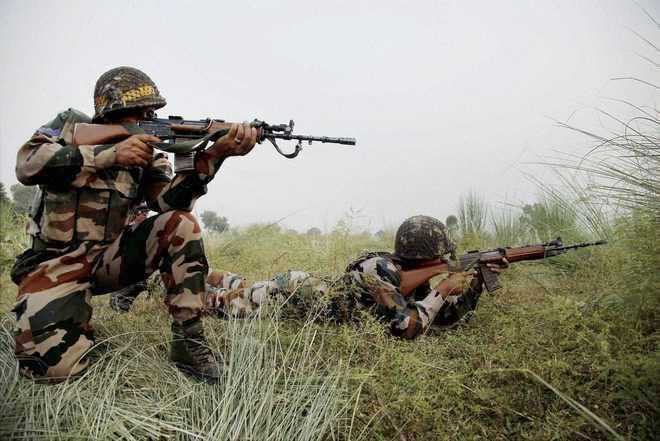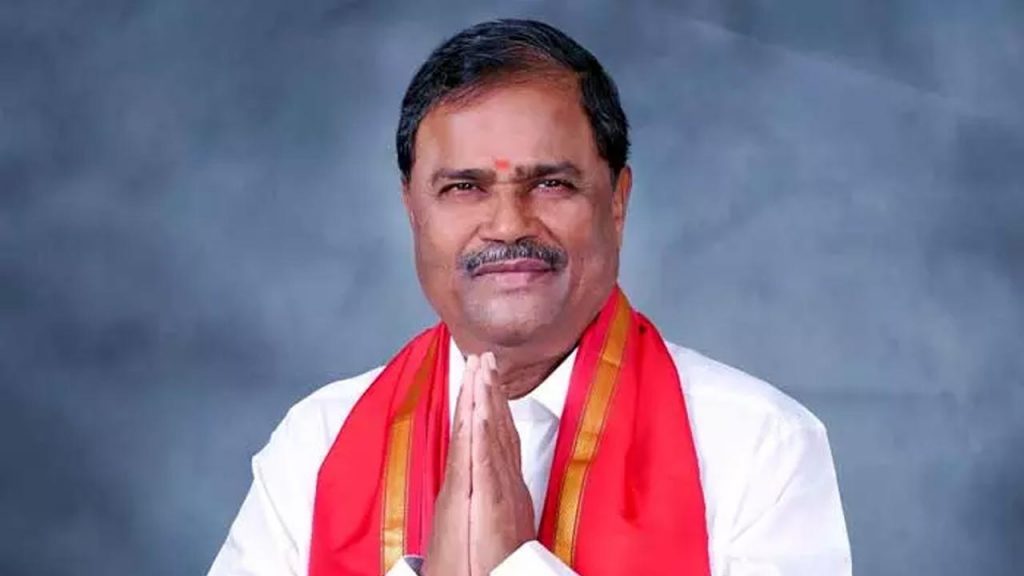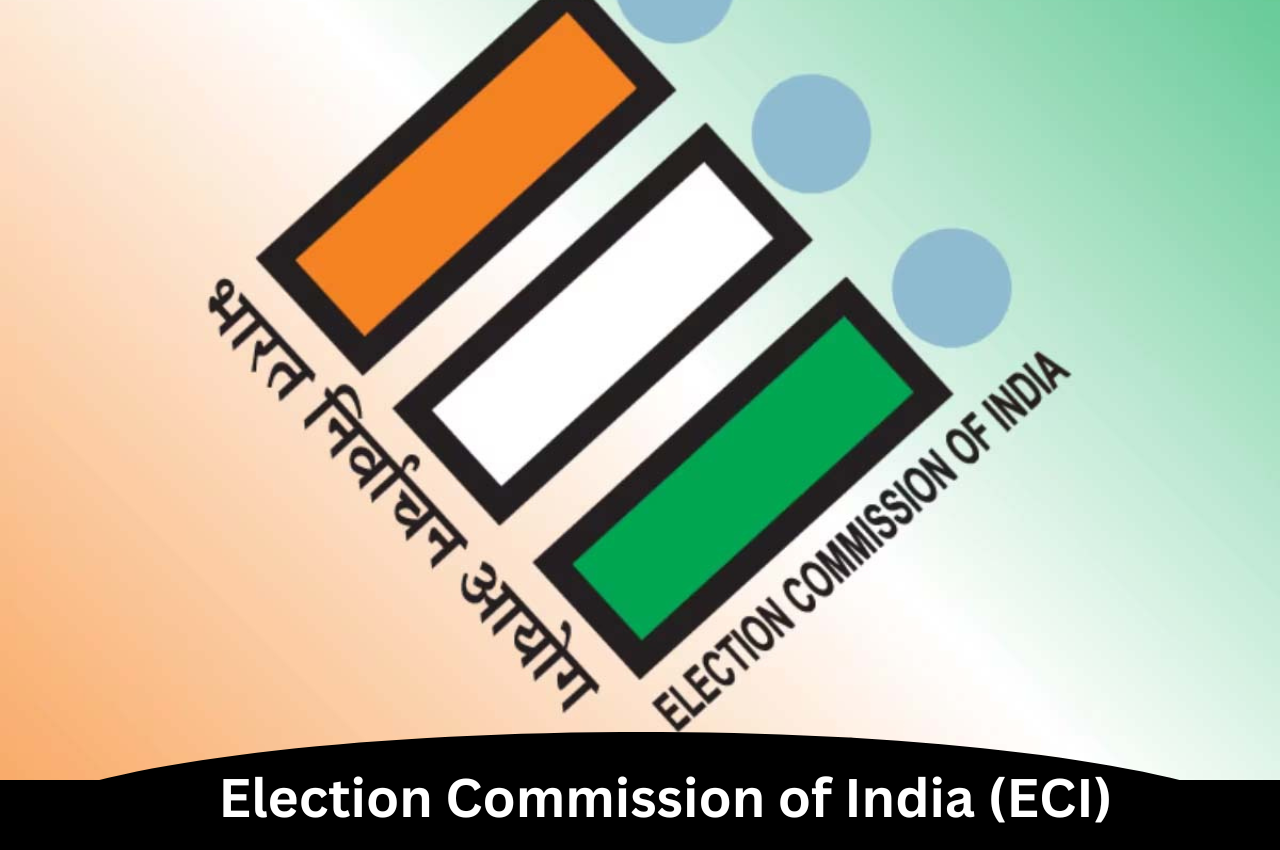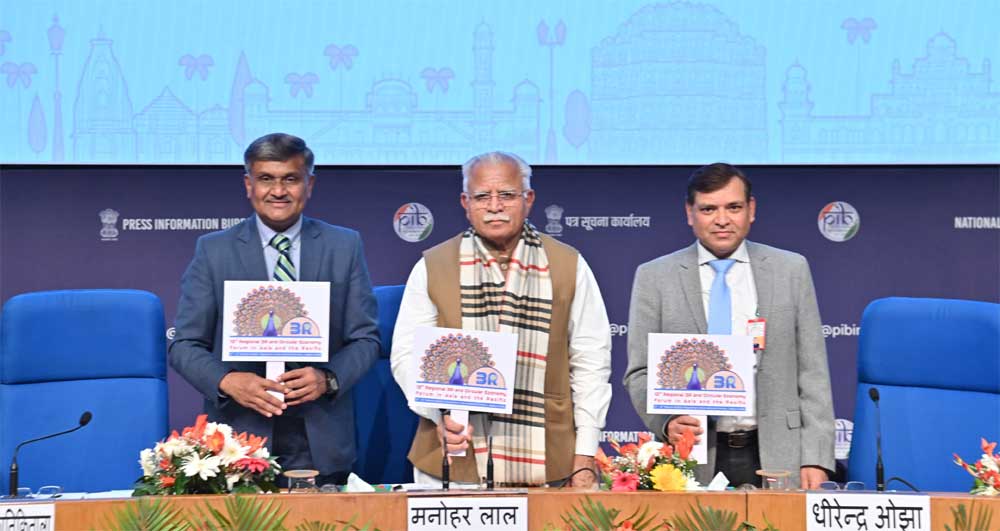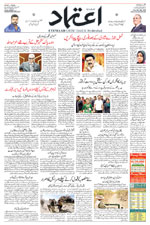US and 10 countries condemn North Korean missile launch
Wed 09 Mar 2022, 11:29:52
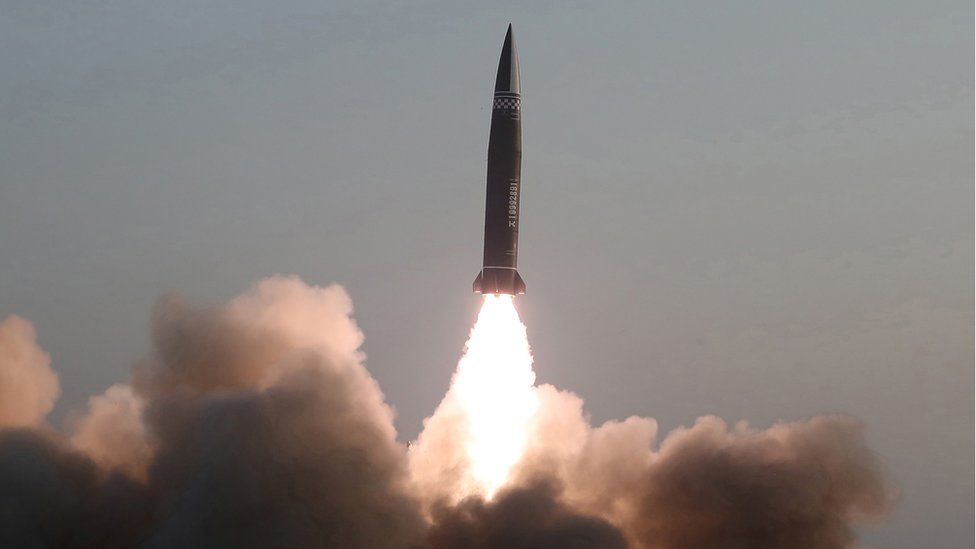
United Nations: The United States and 10 other countries on Monday condemned North Korea's latest ballistic missile launch and urged the UN Security Council to respond, saying its inaction erodes the credibility of the UN's most powerful body and undermines global efforts to prevent the proliferation of nuclear weapons.
US Ambassador Linda Thomas-Greenfield read a statement from the 11 countries after a closed Security Council briefing on North Korea's 11th ballistic missile launch since the beginning of the year on Saturday, which was detected by its neighbours.
Experts say the launches are an attempt to add new weapons systems to the North's arsenal and pressure the United States into making concessions amid stalled diplomacy.
The 11 countries Albania, Australia, Brazil, France, Ireland, Japan, New Zealand, Norway, South Korea, United Kingdom, and United States said they remain committed to seeking serious and sustained diplomacy with Democratic People's Republic of Korea, the country's official name.
They said the United States and others have repeatedly offered dialogue without preconditions. But they said the DPRK has chosen to increase its ballistic missile launches in violation of Security Council resolutions and international law, instead of embarking on a path of diplomacy and de-escalation.
The 11 countries called on all 15 Security Council members to speak with one voice in condemning these dangerous and unlawful acts.
Thomas-Greenfield responded to a question asking about the failure of veto-wielding council members China and Russia to support the statement.
We would love to have had China and Russia join us in this group, she said.
The Security Council initially imposed sanctions on North Korea after its first nuclear test in 2006 and toughened them after further nuclear tests and launches from its increasingly sophisticated ballistic missile program.
Former US ambassador to the
United Nations Nikki Haley said in 2018 that the sanctions had cut off all North Korean exports and 90 per cent of its trade and disbanded the pool of workers which North Korea sent abroad to earn hard currency, though experts monitoring sanctions say Pyongyang continues to evade the measures.
United Nations Nikki Haley said in 2018 that the sanctions had cut off all North Korean exports and 90 per cent of its trade and disbanded the pool of workers which North Korea sent abroad to earn hard currency, though experts monitoring sanctions say Pyongyang continues to evade the measures.
In November, the North's most important allies, China and Russia revived their 2019 effort to ease sanctions against North Korea.
They circulated a draft resolution to Security Council members that would end a host of sanctions against North Korea including a ban on exports of seafood and textiles, a cap on imports of refined petroleum products and a prohibition on its citizens working overseas and sending home their earnings.
It stresses the economic difficulties in the North and says these and other sanctions should be lifted with the intent of enhancing the livelihood of the civilian population.
The Security Council has repeatedly stated it would modify, suspend or lift sanctions if North Korea complied with its demands, but Pyongyang has ignored them and advanced its nuclear and ballistic missile programs.
The Russia-China draft resolution to lift some key sanctions has never been put to a vote because of opposition from many council members.
In Monday's statement, the 11 countries said they are ready to collaborate with the council on a mutually agreeable approach ... to address the DPRK's provocations.
But they said this must begin with the basic premise that the Council has a responsibility to speak publicly about clear and repeated violations of Security Council resolutions.
They urged all 193 UN member nations to implement all DPRK-related resolutions and urged Pyongyang to respond positively and choose dialogue over instability and prioritize the basic needs and human rights of its people over its unlawful weapons of mass destruction and ballistic missile programmes.
No Comments For This Post, Be first to write a Comment.
Most viewed from International
Most viewed from World
AIMIM News
Delhi Assembly polls: Owaisi leads Padyatra in Okhla
Feb 01, 2025
We reject this Waqf Amendment Bill: Asaduddin Owaisi
Jan 30, 2025
Latest Urdu News
Most Viewed
May 26, 2020
Which team will win the ICC Men's Champions Trophy 2025 held in Pakistan/Dubai?
Latest Videos View All
Like Us
Home
About Us
Advertise With Us
All Polls
Epaper Archives
Privacy Policy
Contact Us
Download Etemaad App
© 2025 Etemaad Daily News, All Rights Reserved.



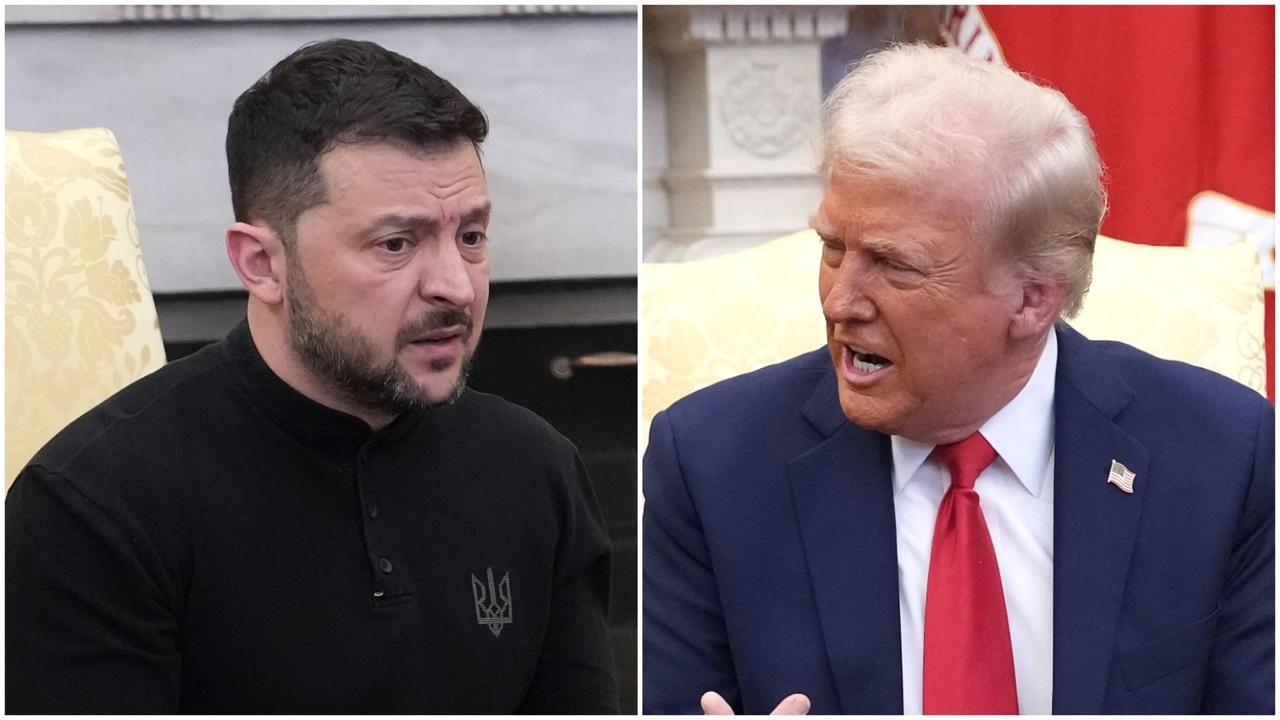
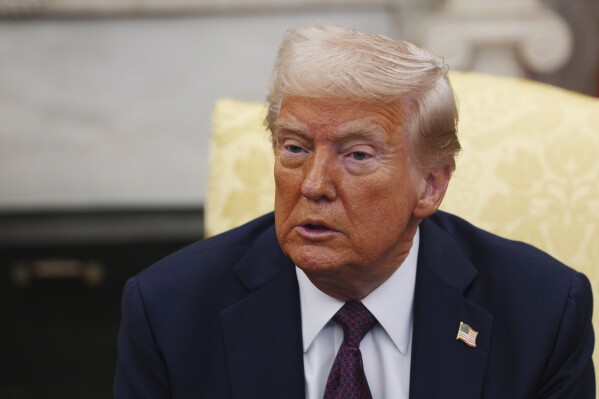


.jpg)
.jpg)
